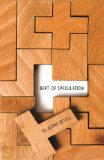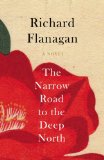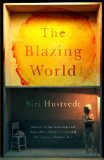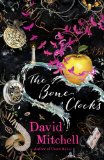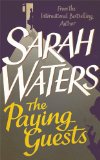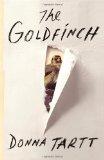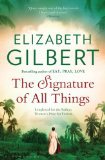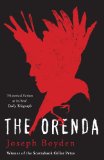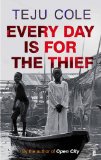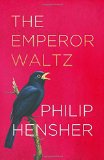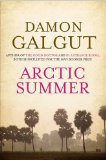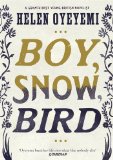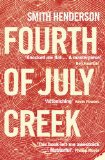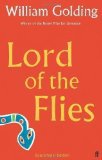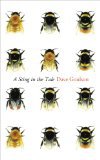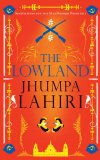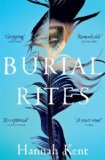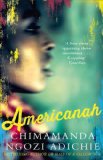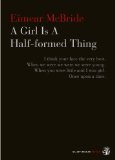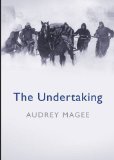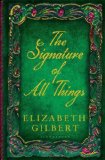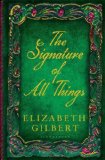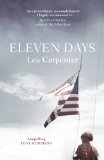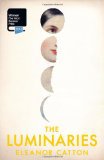The shortlist for the 2014 Independent Foreign Fiction Prize was announced this morning. I was lucky enough to receive the list a few days ago and was pleased to discover that I’d already read the majority of the books. A Meal in Winter was the only novel I hadn’t tried so I decided to pick up a copy from the library and read it over the weekend – an easy task since it was so short! Unfortunately I can’t comment on the short story collections, but hopefully my summaries will give you a good idea about the other books.
 Translated from the Japanese by Allison Markin Powell
Translated from the Japanese by Allison Markin Powell
Five words from the blurb: romance, old, teacher, friendship, solace
A beautifully written story about the friendship that develops between a young woman and one of her former high school teachers.

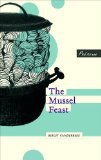 Translated from the German by Jamie Bulloch
Translated from the German by Jamie Bulloch
Five words from the blurb: German, family, issues, revolutions, understand
Gripping novella which shows how life in a repressed state mirrors that of a family living under the power of a tyrannical father. It’s amazing how much complexity is crammed into such a small book!

.
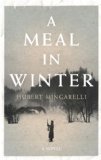 Translated from the French by Sam Taylor
Translated from the French by Sam Taylor
A Meal in Winter by Hubert Mingarelli
Five words from the blurb: soldiers, capture, Jewish, prisoner, choice
Simple, atmospheric story about German soldiers who have been asked to track down Jews for execution. I can’t fault the writing, but I’ve heard a similar stories many times before.

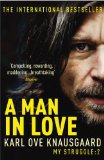 Translated from the Norwegian by Don Bartlett
Translated from the Norwegian by Don Bartlett
A Man in Love by Karl Ove Knausgaard
Five words from the blurb: father, life, holidays, neighbours, children
This book was much lighter than A Death in the Family, the first in the series. I found it lacking depth and became bored by its ordinariness. I’m afraid I abandoned it, but others love its honesty.
DNF
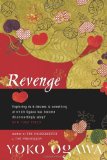 Translated from the Japanese by Stephen Snyder
Translated from the Japanese by Stephen Snyder
Revenge by Yoko Ogawa
Five words from the blurb: woman, bakery, disconnected, chaos, cruelty
I enjoyed The Housekeeper and The Professor by Yoko Ogawa, but I’m afraid my dislike for short stories means I haven’t tried this one. I you enjoy the short form then I’m sure you’ll find a lot to appreciate in this one.
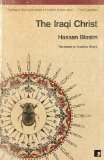 Translated from the Arabic by Jonathan Wright
Translated from the Arabic by Jonathan Wright
The Iraqi Christ by Hassan Blasim
Five words from the blurb: surreal, absurdities, Iraq, human, war
This collection of stories has been described as ‘Arabic Gothic’. It sounds so different from anything else I’ve read that I’m tempted to try it, despite the short story format!
Who should win the IFFP?
Obviously I can’t comment on the quality of the short story collections, but I think The Mussel Feast will be hard to beat. For such a short book it combines a staggering amount of information. It has everything from emotion and tension, through to complex ideas about power and communism. I’m keeping my fingers crossed for it!
Who do you think should win?
For other opinions on these books read the reviews of the Shadow IFFP Jury, a group of bloggers who’ve read the entire IFFP longlist:
and the blog free Jacqui Wine ( twitter @jacquiWine)
